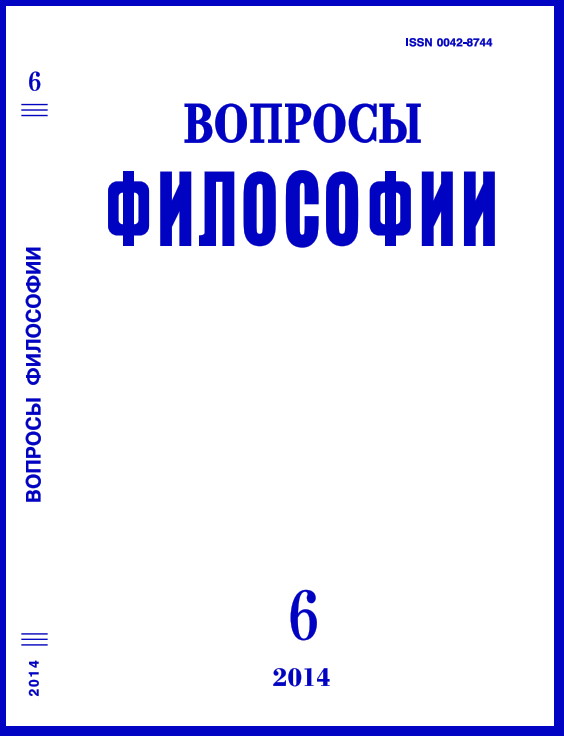Nancy S. Struver and Missed “Possibilities in the Modern Inquiry”: the Early Modern Civil Sciences as an Object of the “Modal Rhetoric”
Abstract
The article deals with the “modal history of rhetoric” – an insightful method of analyzing the early modern historiography and political thought carried out by a famous Chicago scholar Nancy S. Struever. The model of the history of rhetoric by Struever is examined against the background of the relevant philosophical innovations of the 20th century – “pragmatic turn” in logic, philosophical hermeneutics and nouvelle rhétorique – as well as in connection with the central events of the historiography of Renaissance in 1970–2000. Our study is focused on the innovative historiographical model set forth by Struever, which highlights the centrality of the shift from rhetorica primaria to rhetorica secundaria, that is the endowing of the rhetorical art with the social-political functions, for the early modern political and intellectual culture. The article demonstrates the heuristic potential of the Struever's method for resolving a number of aporia in the historiography of the Renaissance and Baroque civil sciences, such as the status of the natural philosophy and “rhetorical-geometrical arguments” in G. Vico's New science , or the performative dimension of the rhetoric in Th. Hobbes' political philosophy.

